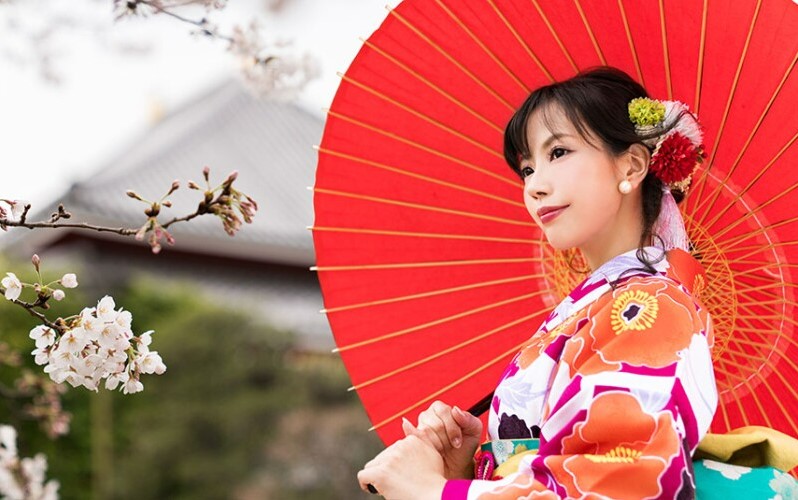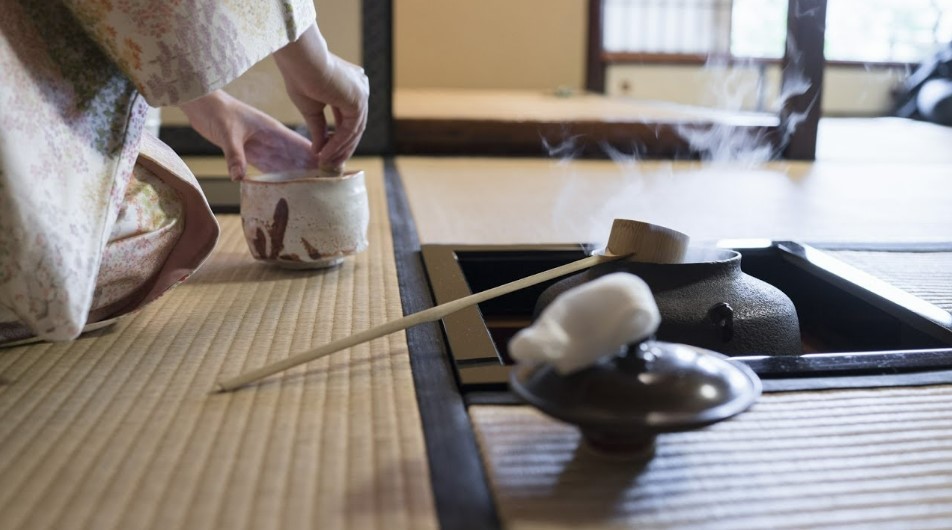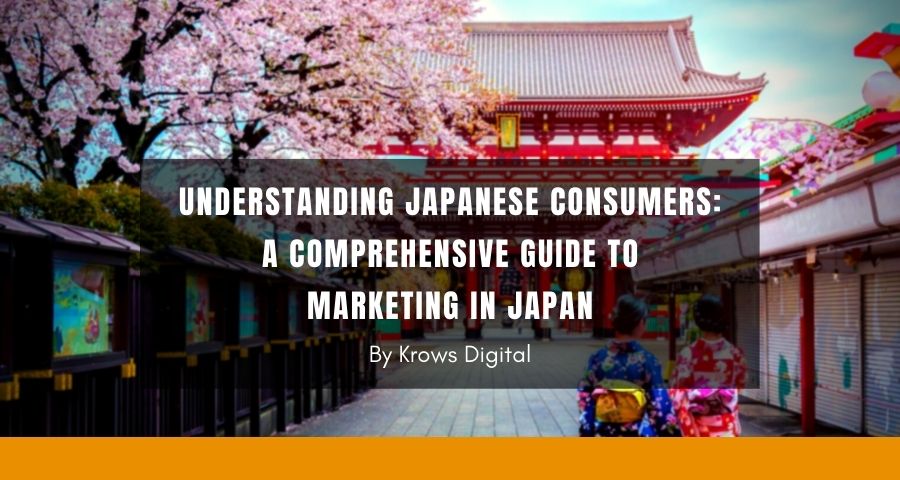Japan is known for its unique culture and rich history, but it is also one of the most lucrative markets in the world. As a result, many businesses are eager to tap into the Japanese market and reach out to Japanese consumers. However, it is not as simple as just translating your marketing materials and expecting the same results. Japanese consumers have different values, preferences, and behaviors compared to consumers in other countries. In this article, we will provide a comprehensive guide to help you understand the 10 key things you need to know about marketing in Japan.

1. Respect for Tradition and Innovation
Japanese consumers value tradition, but they also embrace innovation. This balance between the old and the new is reflected in many aspects of Japanese culture, including fashion, food, and technology. When marketing in Japan, it is important to find a balance between preserving traditional elements and incorporating modern touches.
2. The Importance of Quality
Quality is a highly valued attribute in Japanese society, and consumers are willing to pay a premium for products and services that are made with care and attention to detail. When marketing in Japan, it is essential to emphasize the quality of your products and services, and to provide evidence that supports your claims.

3. Attention to Detail
Japanese consumers pay close attention to details, from the packaging of a product to the customer service they receive. Marketing materials in Japan should be carefully crafted, with a focus on visual appeal and attention to detail.
4. Customer Service
Customer service is highly valued in Japan, and businesses are expected to provide a high level of service to their customers. When marketing in Japan, it is important to emphasize your commitment to providing excellent customer service, and to highlight the ways in which your business stands out in this regard.

5. The Role of Technology
Technology plays a significant role in Japanese society, and Japanese consumers are highly tech-savvy. When marketing in Japan, it is important to leverage technology to reach your target audience and to communicate your message effectively.
6. Unique Marketing Channels
Japan has a number of unique marketing channels that are not available in other countries like LINE (Official Website). For example, mobile marketing is highly effective in Japan, and there are several popular social media platforms that are exclusive to the Japanese market. When marketing in Japan, it is important to research the most effective channels for reaching your target audience and to use them to your advantage.

7. The Power of Influencers
Influencer marketing is highly effective in Japan, and many businesses have found success by partnering with popular bloggers, influencers, and celebrities. When marketing in Japan, it is important to identify the most relevant influencers for your target audience and to develop a strategy for partnering with them.

8. The Value of Convenience
Japanese consumers place a high value on convenience, and businesses that can provide products and services that make life easier are highly valued. When marketing in Japan, it is important to highlight the convenience of your products and services, and to demonstrate how they can improve the lives of Japanese consumers.
9. Importance of Brand Image
Brand image is important in Japan, and businesses that have a strong reputation and a well-established brand are more likely to be successful. When marketing in Japan, it is important to invest in building a strong brand image and to focus on maintaining a positive reputation.
10. Understanding Cultural Sensitivities
Japanese culture has its own set of sensitivities and customs, and it is important to be aware of these when marketing in Japan. For example, there are certain colors, symbols, and images that are considered inappropriate or offensive in Japan, and it is important to avoid these when creating marketing materials. Additionally, it is important to be mindful of social and political issues and to avoid making any insensitive or controversial statements in your marketing efforts.
Conclusion
Marketing in Japan requires a deep understanding of the unique values, preferences, and behaviors of Japanese consumers. By incorporating these 10 key things into your marketing strategy, you can effectively reach and engage with your target audience and achieve success in the Japanese market. Whether you are looking to launch a new product, expand your business, or simply increase your brand awareness, understanding the Japanese consumer is essential for success.
A [Respect for Tradition and Innovation] --> B [The Importance of Quality]
B --> C [Attention to Detail]
C --> D [Customer Service]
D --> E [The Role of Technology]
E --> F [Unique Marketing Channels]
F --> G [The Power of Influencers]
G --> H [The Value of Convenience]
H --> I [Importance of Brand Image]
I --> J [Understanding Cultural Sensitivities]
This represents the interconnected nature of these 10 key things to consider when marketing in Japan. By taking a holistic approach and incorporating all of these elements into your marketing strategy, you can effectively reach and engage with Japanese consumers and achieve success in this lucrative market.
Krows Digital has been helping foreign companies to enter the Japanese market and to get the best results by adapting your vision and goals to the complicated local market.
Reach out to us now and get a free quote for your needs.




